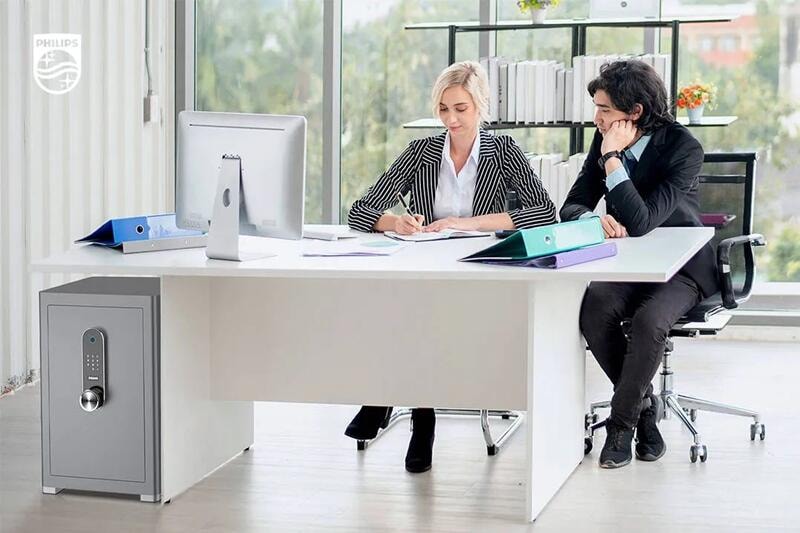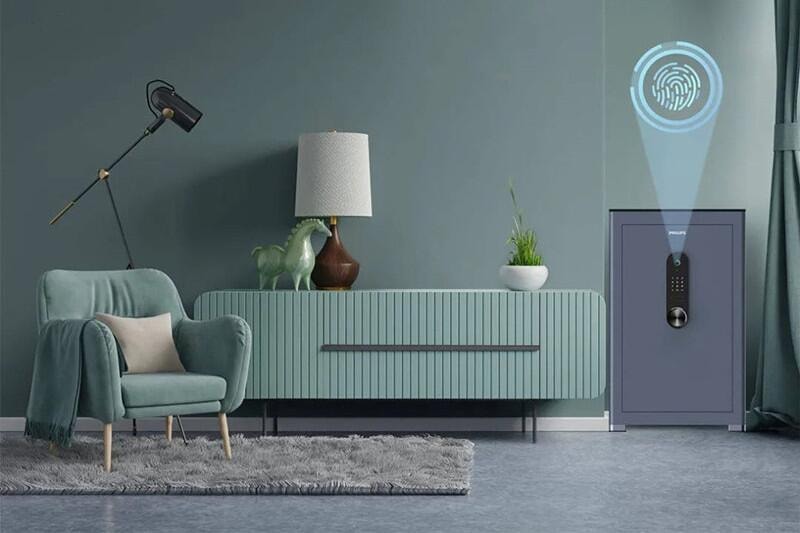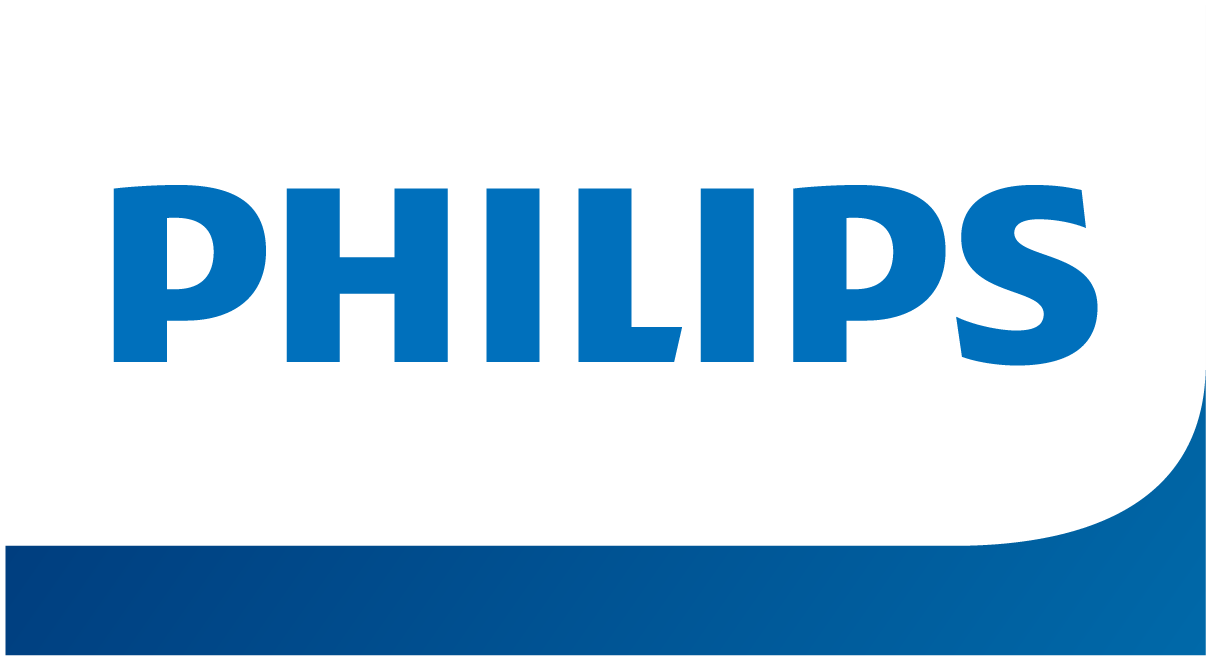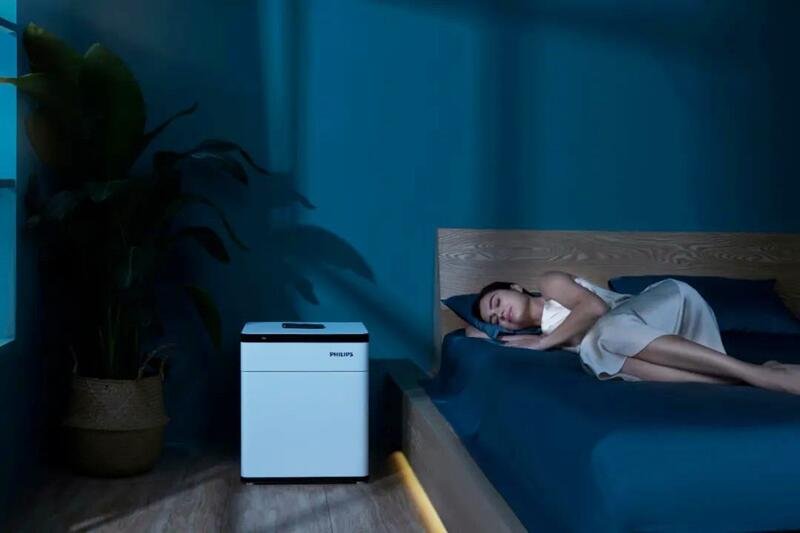Why Choosing the Right Safe Box Supplier is Critical for Your Business

Your Security Depends on Reliable Partners
Choosing the right supplier directly impacts your business’s ability to protect its most valuable assets. A trustworthy supplier provides more than just products—they offer peace of mind through quality, reliability, and service.
The High Stakes of Poor Choices
Working with unverified or low-quality suppliers can lead to substandard safes that fail during critical moments. Reliable suppliers not only deliver certified products but also back them with strong warranties and support services. For example, a 2023 report from the International Security Association found that businesses using uncertified safes are three times more likely to experience theft.
Key Insights:
- The global market for safe boxes is expected to grow at 6.2% CAGR from 2023 to 2028, reflecting increasing security concerns.
- Expert Opinion: Security consultant John Simmons states, “Investing in a dependable supplier is investing in your business’s future.”
- Case Study: A logistics company reduced potential losses by $50,000 annually after switching to a certified supplier with proactive maintenance support.
Understanding Your Business Needs
When selecting a safe box supplier, it’s essential to understand your business needs. Consider the type of items you need to store, the level of security required, and the space available for the safe. For example, if you need to store delicate items such as jewelry or important documents, you may require a safe with advanced fire protection features. Fireproof safes are designed to withstand high temperatures and protect your valuables from fire damage, ensuring that your critical assets remain intact even in the event of a fire.
On the other hand, if your business involves storing larger items such as laptops or equipment, you may need a safe with more storage space. Floor safes or wall safes can offer the necessary capacity while also providing robust security features. Understanding these specific needs will help you choose a safe box that offers the right balance of protection and convenience.
Types of Safe Boxes, Including Fireproof Safes, and How to Identify Your Business Needs
Tailor Your Safe Box to Your RequirementsEvery business has unique security needs, making it essential to select a safe box that aligns with specific risks and asset types. In addition to traditional safes, lock boxes offer a versatile solution for securing smaller valuables and important documents.
Explore Popular Safe Box Types:
- Fire-Resistant Safes: Designed to protect paper documents and digital storage from high temperatures. These are ideal for offices with sensitive records.
- Burglary-Resistant Safes: Built with reinforced locks and materials to prevent unauthorized access. Commonly used in retail and banking industries.
- Data Safes: Specialized safes designed for protecting electronic devices and backup drives. Suitable for IT and healthcare sectors.
Market Insights:According to Statista, 40% of small businesses prioritize fire-resistant safes, while 35% opt for burglary-resistant options. Matching your choice to your industry’s specific threats ensures optimal security.
Expert Insight: Linda Clarke, a security analyst, notes, “Understanding the risks your business faces is the first step in selecting the right safe box.”
Case Example: A retail chain avoided losses exceeding $100,000 by upgrading to fire-resistant safes after a major fire incident destroyed vital records.
Safe Box Features to Consider
When choosing a safe box, there are several features to consider to ensure it meets your security requirements:
- Fire Protection: Look for a safe that has been tested and certified to withstand high temperatures. Fireproof safes are essential for protecting important documents and delicate items from fire damage. Remember, heat rises, so consider the placement of your safe to maximize its fire protection capabilities.
- Burglary Resistance: Consider a safe with advanced locking mechanisms, such as mechanical locks or digital locks, to prevent unauthorized access. Burglary-resistant safes are built with reinforced materials and sophisticated locks to deter theft.
- Waterproofing: If you need to store items that are sensitive to moisture, such as paper documents or electronics, look for a safe that is waterproof or has a waterproof compartment. Waterproof safes provide additional protection against water damage from floods or leaks.
- Size and Storage Capacity: Choose a safe that is large enough to store all of your valuables but not so large that it takes up too much space. Assess your storage needs and select a safe that offers the right balance of capacity and footprint.
- Additional Protection: Consider safes with extra features such as alarm systems or GPS tracking. These features provide additional layers of security, ensuring that your valuables are protected even if the safe is tampered with or moved.
Key Criteria for Evaluating a Safe Box Supplier: Focus on Burglary Resistant Safes
What Sets Great Suppliers Apart?
Selecting a supplier isn’t just about products; it’s about trust. Reliable suppliers offer quality certifications, diverse product ranges, and robust after-sales support.
Checklist for Evaluation:
- Certifications: Look for compliance with standards like UL (Underwriters Laboratories) or ISO. Certified safes have been rigorously tested for reliability.
- Product Variety: Suppliers with a wide range can meet evolving business needs.
- Support Services: Warranties, maintenance plans, and customer service reflect a supplier’s commitment to quality.
Data Backing: Business Wire reports that 60% of companies prefer suppliers with over five years of proven industry experience.
Expert Tip: Security consultant Mark Anders advises, “Suppliers offering multi-year warranties demonstrate confidence in their products.”
Real-Life Example: A healthcare provider improved operational efficiency by 30% after partnering with a supplier offering scheduled maintenance and responsive support.
Certifications and Compliance
When selecting a safe box supplier, it’s essential to ensure that their products meet relevant certifications and compliance standards. Look for safes that have been certified by reputable organizations such as UL (Underwriters Laboratories) or ETL (Intertek). These certifications indicate that the safe has undergone rigorous testing for reliability and performance.
Additionally, ensure that the safe complies with relevant regulations and standards, such as those related to fire protection or data storage. Compliance with these standards ensures that the safe box will provide the necessary protection for your valuables and meet industry requirements.
Questions You Must Ask Before Partnering with a Supplier
The Power of Asking the Right Questions
Ensuring clarity and setting expectations upfront can save time and resources.
Essential Questions to Ask:
- What certifications do your safes meet?
- Can you provide testimonials or case studies?
- What’s included in your warranty policy?
- Are there discounts for bulk purchases or long-term contracts?
Lessons from the Field:
- A survey by B2B Review Journal revealed that 72% of businesses regret not clarifying warranty terms before signing contracts.
- Procurement expert Jessica Green emphasizes, “Transparent suppliers are easier to work with in the long run.”
Case Study: A retail chain avoided costly delays by verifying delivery timelines during initial discussions, aligning procurement with store openings.
Installation and Maintenance
Proper installation and maintenance are crucial to ensure the safe operates correctly and provides the required level of security. Consider the following:
- Installation: Ensure the safe is installed correctly and securely anchored to the floor or wall to prevent it from being moved or removed. Professional installation services can help ensure that the safe is properly positioned and secured.
- Maintenance: Regularly check and maintain the safe’s locking mechanism, hinges, and other moving parts to ensure they are functioning correctly. Routine maintenance can prevent issues such as lost keys or malfunctioning locks, ensuring that your safe remains secure.
- Upgrades: Consider upgrading your safe’s features or security level as your business needs change. For example, you may need to enhance the safe’s fire protection or add additional security features as your inventory of valuable items grows.
Warranty and Support
When selecting a safe box supplier, it’s essential to consider their warranty and support offerings. Look for a supplier that provides a comprehensive warranty that covers parts and labor for a reasonable period. A robust warranty indicates the supplier’s confidence in their product’s quality and reliability.
Additionally, ensure that the supplier offers reliable customer support, including technical assistance and repair services. Access to prompt and effective support can help you troubleshoot any issues that may arise, ensuring that your safe box continues to provide the necessary protection for your business assets.
How to Balance Cost and Quality When Choosing a Supplier
Finding the Right Balance
Cost efficiency is important, but cutting corners can lead to bigger risks down the line. Balancing cost and quality ensures both security and value.
Comparison Example:
| Supplier A | Supplier B | Supplier C |
Explanation: This table compares three suppliers based on certifications, warranties, and pricing. Use it to weigh the pros and cons of each option. For instance, while Supplier B offers lower prices, Supplier A and C provide better certifications and warranties, leading to greater long-term value.
| Supplier A | Supplier B | Supplier C |
|---|---|---|
| Certified safes | Non-certified safes | Certified safes |
| 3-year warranty | 1-year warranty | 5-year warranty |
| $800/unit | $600/unit | $950/unit |
How to Use: Choose Supplier A or C for long-term reliability and compliance, especially for critical assets. Supplier B might suit non-critical needs where cost savings are a priority.
Key Takeaway: While Supplier B offers a lower upfront cost, the lack of certifications and shorter warranty make it a riskier choice in the long term.
Pro Tip: Factor in the total cost of ownership, including potential repair or replacement expenses.
Top Recommended Safe Box Suppliers for 2024

Reputable Names in the Industry
Based on industry reviews and customer feedback, here are the top three suppliers to consider:
- Jimbo Safe: A leading Chinese supplier offering bespoke, high-quality fireproof safes, gun safes, vault doors, and hotel safes for secure storage worldwide.
- Falcon Safe: An OEM manufacturer providing customizable safes for businesses, offices, and homes, with a presence in over 60 countries since 1982.
- Guarda Safe: A Chinese manufacturer known for fireproof and waterproof safes, aiming to deliver high-performance products to customers globally.
- Hebei Yingbo Safe Boxes Co., Ltd.: Established in 1996, this company integrates design, R&D, production, and sales, offering a wide range of safe boxes with numerous patents.
- Great Wall Safe: Founded in 1984, Great Wall specializes in SUVs, pickup trucks, and electric vehicles, and has expanded into the safe box industry, providing reliable security solutions.
- Guardian Vaults: Offers tailored solutions for various industries, including retail and healthcare.
- IronClad Security: Specializes in fire-resistant safes with competitive pricing and extended warranties.
Pro Tip: Visit their websites to explore their full product catalogs and read customer testimonials for added confidence.
Final Tips for Choosing the Right Supplier
A Decision That Impacts Your Business’s Future
Take your time to evaluate suppliers based on your unique needs, ask the right questions, and prioritize reliability. Remember, the right supplier is a long-term partner in your business’s success.
Actionable Advice:
- Download our supplier vetting checklist to simplify the decision-making process.
- Reach out for personalized recommendations tailored to your industry.



